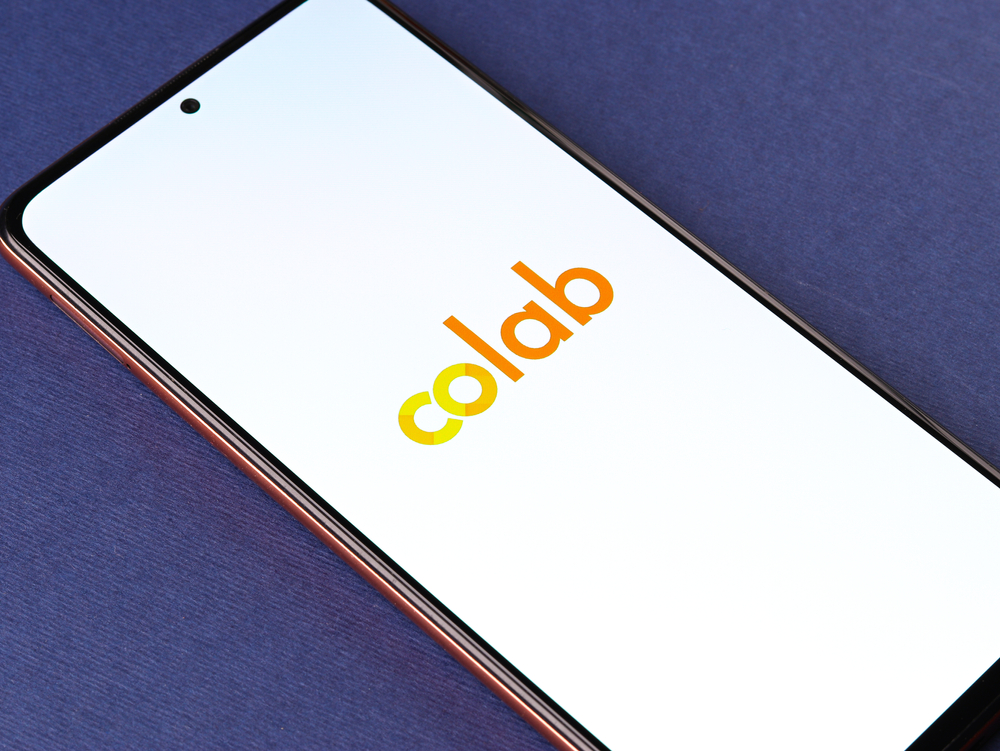AI applications and large language models (LLM) are at the peak of interest, with particular attention from Microsoft and OpenAI, who are leaders in this field. Microsoft has already given us a hint of the future by introducing GitHub Copilot back in 2021. The leadership of the Redmond company was confirmed by the release of applications such as ChatGPT and Bing Chat, capable of writing code and fixing errors in it. Google Bard can also write code, but Google is now following Microsoft’s lead by launching AI-powered pair programming features in Colab that are likely to compete with Microsoft.

Google Colab offers cloud-hosted Jupyter notebooks so that developers can write and execute Python code right in the browser without having to download additional software. Although Colab is available for free, Google offers several payment tiers for cases where the higher computational power required to work efficiently with the code is required. Colab is a mature tool since it launched in 2017, and now Google is looking to expand its capabilities by providing AI-assisted programming similar to Microsoft’s GitHub Copilot.
Google announced that Colab will use the code models provided by Codey to simplify code generation and completion, as well as a dedicated chatbot to enable developers to write quality code faster. The company emphasized that Codey uses training data that includes explicitly licensed code adapted to Python and Colab environments. Codey is based on PaLM 2, which is the latest LLM used in the new version of Google Bard.
The new AI features in Colab will initially only be available to US customers. Google notes that in the first version, priority will be given to generating code based on natural language hints. This will reduce the time spent writing boilerplate code and allow developers to focus on more important aspects of their software. Developers will be able to click the “Generate” button at the top of the Colab notebook to write a hint and generate code. At the same time, the integrated chatbot will serve as a conversational interface where you can ask specific questions about the code and other use cases, such as “How do I import data from Google Sheets?”.
Google notes that the Codey-based integration will be available for free, which is good news for the seven million customers, mostly students, who already use Colab. Paying customers in the US will first access the AI features, followed by free tier users in that region. After completing this initial phase, Google plans to expand access to new features to other countries.
Google Colab is now the first competitor for Microsoft’s GitHub Copilot in the area of advanced technologies, notes NIX Solutions. While Colab has the benefit of being free compared to the $10/month GitHub Copilot basic tier, it’s still limited. Codey is limited to Colab code in the cloud, while Copilot integrates with several popular development environments, including Visual Studio, Visual Studio Code, Neovim, and more. In addition, Codey only covers Python, while Copilot is designed for developers with different technology stacks, including Python, Java, C, Ruby, JavaScript, and more.
Regardless, Google’s intentions are clear. The company intends to challenge Microsoft’s AI programming competition, and the next logical step would be to integrate with various IDEs, including its own Android Studio.
